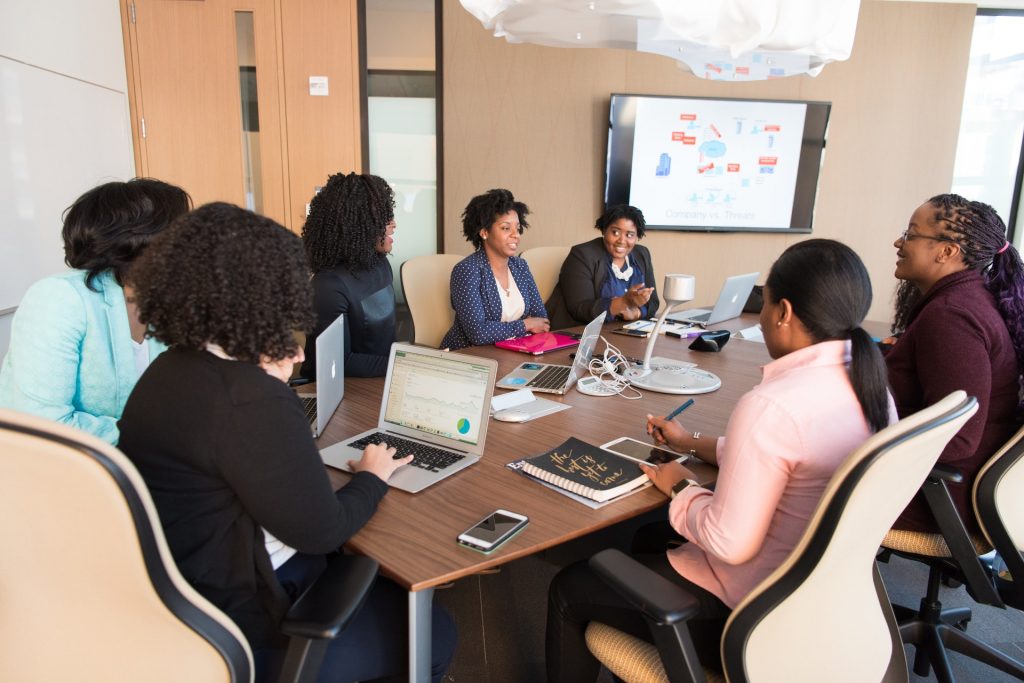Managing and building rapport with your offshoring solutions team can be very challenging, particularly when they share different values and belief. However, it shouldn’t keep you from bridging the gaps between foreign and local teams to maintain harmony and achieve business objectives. If you’re currently delegating tasks or intend to construct Asian offshore teams, check out these four cultural traits to enhance your direction.
FAMILY ORIENTATION
Asian folks would instead work in their hometown to look after their loved ones. They also search for jobs with equilibrium and an appropriate timeline where they can maintain a “work-family” equilibrium. This trait can occasionally bring negativity because household issues occasionally affect how employees perform at work and supervisors will need to show compassion and assist their Asian offshore teams to get back on track quickly.
Asian staff consider it impolite to complain, criticise or even disagreement in front of other individuals. It’s to save the self-esteem for one another and sustain stability among co-workers. The best strategy to manage this trait is to create a friendly working environment and spend time forming a mutual relationship, so they’re more confident to express their opinions and feelings.

CONCEPTS OF TIME
Broadly, Asian individuals have loose ideas of time in which punctuality and immediacy are not that important. Asian individuals tend to consider time in cyclical as opposed to a linear pattern in comparison with Western countries. Managers will need to think about this variable before setting a deadline, workload and personnel to be sure that your teams aren’t lagging behind the program. But in saying that, there’s always possible to train your employees to be timely and be mindful of deadlines. This all comes down to the culture in your company and the cooperation with your Asian foreign teams.
TENDENCY TO HOLISM
Upon beginning any project, Asian workers like to adopt a holistic approach and goal at the outcome. As a supervisor, you must devise testing processes and cooperation to maximise this exceptional tendency and remind your Asian offshore teams of information needed to achieve the company goal.
RUN REGULAR TRAINING PROGRAMS
A cross-cultural training program shouldn’t be a one-time thing, but instead an ongoing process in your organisation. Most of all, they will understand the value of these training programs, enabling you to build your staff further and share knowledge of various industries not matter the location such as bookkeeping services in the Philippines.
While there are many ways to construct a cross-cultural training program or to evolve the simple process as recorded, the demand for one to exist in the first place won’t ever change. Set up your company for success by incorporating offshore development teams with your company culture from the start.


